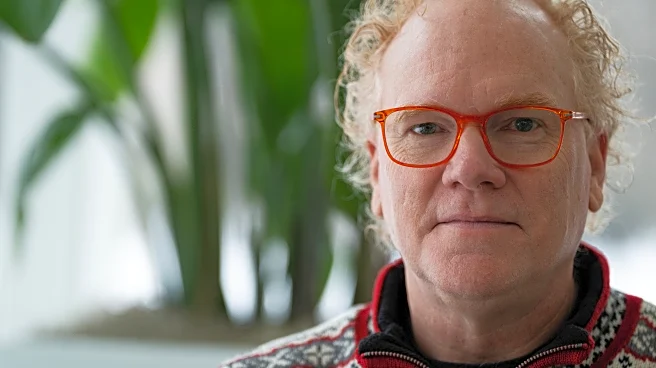Rapid Read • 8 min read
The Trump administration, led by Commerce Secretary Howard Lutnick, has issued a threat to Harvard University regarding its extensive portfolio of patents. The administration accuses Harvard of breaching legal and contractual obligations tied to federally funded research. Lutnick has demanded that Harvard provide a comprehensive list of all patents derived from such research grants within four weeks, including details on their usage and licensing requirements for substantial U.S. manufacturing. This move is part of a broader 'march-in' process under the Bayh-Dole Act, which could allow the government to take ownership of these patents or grant licenses. Harvard, which holds over 5,800 patents and has more than 900 technology licenses with over 650 industry partners, has not yet responded to these demands.
AD
This development is significant as it highlights the ongoing tension between the Trump administration and academic institutions, particularly regarding issues of federal control and academic freedom. The administration's actions could have far-reaching implications for research universities that rely on federal funding and patent portfolios for innovation and economic contributions. If the government exercises its rights under the Bayh-Dole Act, it could alter the landscape of intellectual property management in academia, potentially affecting research funding and collaboration with industry partners. This situation also raises concerns about the administration's approach to civil rights and free speech on campuses, as critics argue that these actions may be a pretext for exerting federal control.
Harvard is expected to respond to the Commerce Department's demands within the stipulated timeframe. The outcome of this dispute could set a precedent for how federally funded research patents are managed and could influence future interactions between the government and academic institutions. Stakeholders, including civil rights groups and academic leaders, may engage in legal or public advocacy to protect academic freedom and intellectual property rights. The broader academic community will be closely monitoring this situation, as it could impact research funding and partnerships across the U.S.
The ethical and legal dimensions of this dispute are complex, as they involve balancing government oversight with academic independence. The potential for government intervention in patent management raises questions about the future of innovation and the role of universities in driving technological advancements. This situation could lead to long-term shifts in how research institutions navigate federal funding and intellectual property rights, potentially affecting their global competitiveness and contributions to societal progress.
AD
More Stories You Might Enjoy












